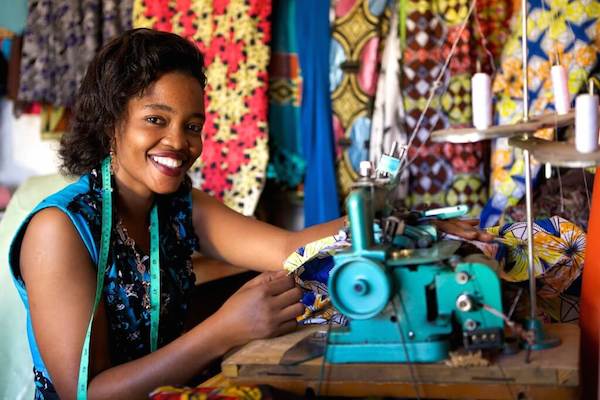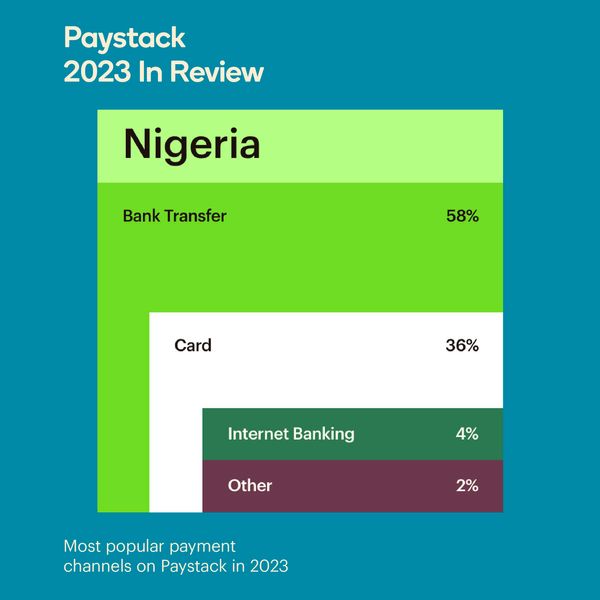Small and Medium Enterprises (SMEs) play a major role in most economies, particularly in developing countries. According to the World Bank, they represent about 90% of businesses and more than 50% of employment worldwide. Formal SMEs contribute up to 40% of national income (GDP) in emerging economies and these numbers are significantly higher when informal SMEs are included.
The World Bank predicts that 600 million jobs will be needed by 2030 to absorb the growing global workforce, which makes SME development a high priority for many governments around the world.
Since access to finance is a key constraint to SME growth, funding it has become paramount. This has birthed a myriad of programs ranging from incubators to accelerators both locally and internationally giving out loans, grants, and other resources to ensure that the sector is equipped to create jobs and stimulate the overall economy. There have also been federal grants and other forms of support given to SMEs. Since the outbreak of the Covid-19 pandemic, SMEs have been prioritized as recipients to loans and other stimulus packages.

The CBN’s N50 billion Targeted Credit Facility (TCF) geared towards supporting SMEs and households whose economic activities have been disrupted by the COVID-19 pandemic, is just one of the different packages that have been put in place to cater specifically to SMEs in Nigeria.
The small business loans being offered by the CBN is a good step in the right direction. However, determining whether it ends up in the hands of the startups that are viable enough to scale and create the jobs or the larger percentage that will fail, depends to a large extent on how they are selected. In disbursing the loans, there must be clear methods of choosing the recipients.
CBN’s N50 billion Covid-19 intervention fund for SMEs in conjunction with NIRSAL Microfinance Bank, simply noted that it would appraise and conduct due diligence applications before sending them to the applications to the CBN for final approval, to CBN for review. The results will tell their story.
Why the economy needs more than loans
The CBN giving out intervention loans is just one part of finding the solution – and this too does not say much about the amount in loans being given and their effect on the economy at large. If it’s too little to make any real difference, then it might only buy many of these businesses a few more months of dogged survival, after which all will be lost.
The overall operating environment must be able to stimulate growth either through favourable tax incentives for specific industries, moratorium on other forms of loans, or just the provision of basic infrastructures like electricity and speedy internet services.
The important thing is to ensure there is a ready market for businesses within the country. Even with the right federal loans, a business having no ready market will sink its funds into inefficient marketing. This ready market, however, has a lot to do with the ease of local production to ensure competitive pricing, further curtailing the proliferation of imported items, and more.
In other words, economy will benefit even more from its overall development. The loans might help but, overall, there is unlikely to be sustainable exponential growth until the things that should be in place to expedite the development process exists.
Source: Nairametrics










